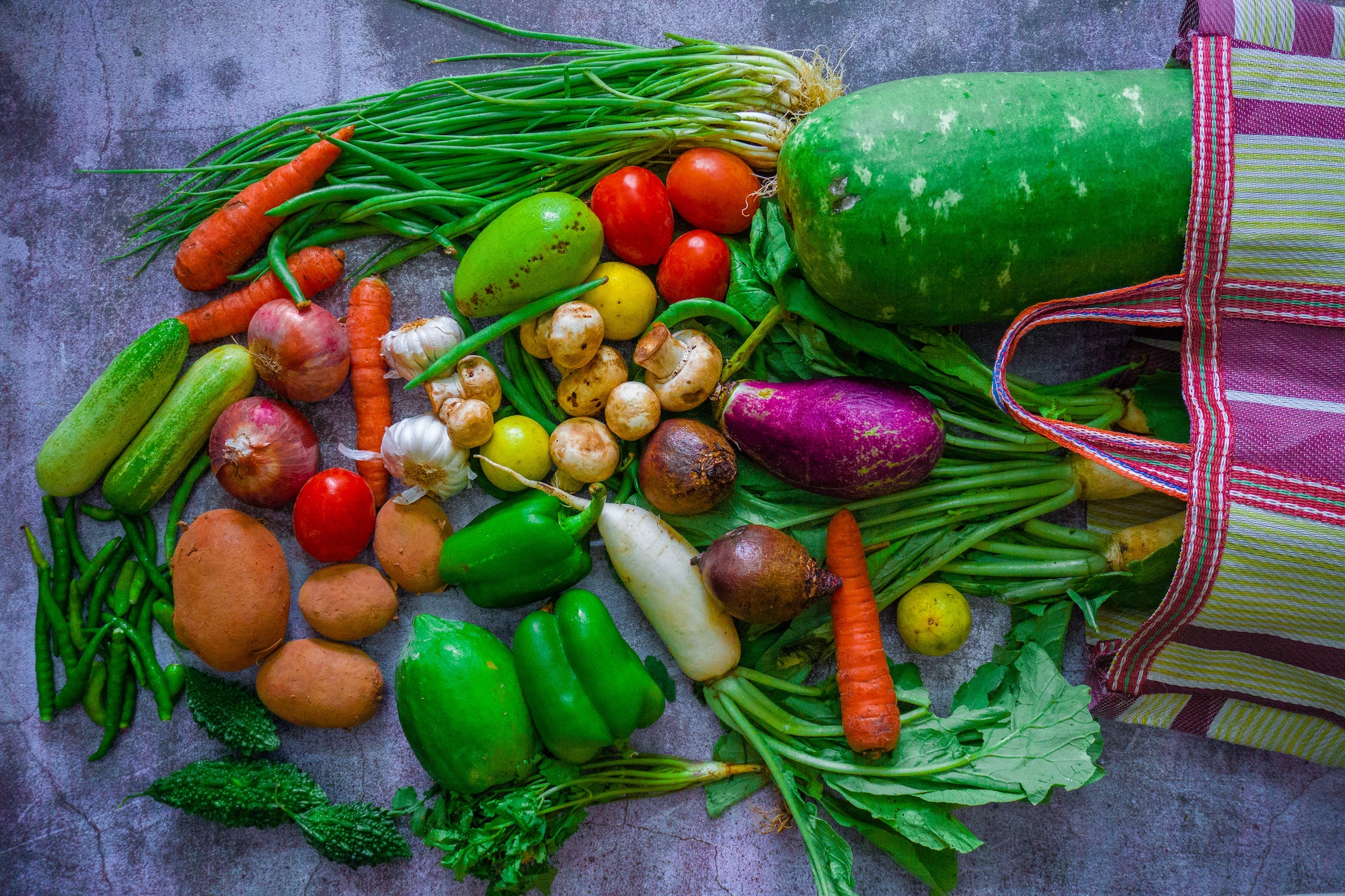Despite the oscillations in the levels of progression of COVID-19 in Brazil in recent months, the Universidade Federal Fluminense has kept active several actions aimed at facing the pandemic and reducing its impact on society. One example, among many, is the Food and Solidarity in the Agroecology Network at UFF project, which seeks to expand and strengthen the production and consumption circuits of agroecological foods in the cities of Niterói, Macaé, Angra dos Reis, Santo Antônio de Pádua, Rio das Ostras, and Campos dos Goytacazes. The initiative is supported by UFF’s public calls made to face the COVID-19 pandemic, being carried out through local arrangements on these six different campuses of the university.
The project articulates the UFF Agroecology Research and Outreach Centers and Groups with family farming movements and organizations and aims to strengthen marketing and supply initiatives for these foods, such as fairs, basket sales programs, warehouses, and stores, as well as actions organized in partnership with consumer groups.
According to the professor of Public Policies at the Angra dos Reis Institute of Education, José Renato Porto, one of the members of the UFF Agroecology Network, “given the restrictions imposed by the pandemic, a very significant and diverse set of responses has been offered by family farming organizations, with relevant lessons to be observed,” he emphasizes.
The professor adds by explaining that “at one point, there is an important capacity for adaptation (although constrained by political and sanitary restrictions) of family farming organizations around new commercialization arrangements and strategies to access markets. On the other hand, initiatives to donate agroecological food to vulnerable populations also proliferate, mobilizing synergies between civil society entities and social movements in the countryside and the city in the construction of solidarity networks. The project’s proposal is to accompany these initiatives in the six territories of the state of Rio de Janeiro where the UFF Agroecology Network operates.”
According to the coordinator of the Food and Solidarity project, Ana Maria Motta Ribeiro, professor at the Department of Sociology and at the Graduate Program in Sociology and Law (PPGSD/UFF), “this project has a uniqueness that brings together a set of university professors who does research and outreach, each with their own team, on different campuses of the institution. We built the Agroecology Network together, which is making the project possible in different regions of the state,” she explains.
According to Ana Motta, “the initiative has a collaborative bias, including students who are being part of each of these research centers. The goal is to promote solidarity, collective work in the midst of a pandemic, discussing a form of clean food, without poison and pesticides, a production based on family farming, which does not have the exploitation of people’s labor by themselves,” celebrates.
The Food and Solidarity project is also linked to a collaborative mapping at the national level, the True Food Collective Action, an ongoing initiative built by civil society organizations linked to agroecology to monitor the strategies and responses that are being organized to deal with the context of the pandemic.
The UFF Agroecology Network
The UFF Agroecology Network, which developed the Food and Solidarity project, consists of an initiative to articulate agroecology groups and collectives from these six campuses. Created in 2019, its main purpose is to build interdisciplinary teaching, research, and outreach initiatives based on integration and collective work, strengthening the theme of agroecology within the University and expanding connections with organizations and social movements linked to family farming.
José Renato points out that “the presence of these various agroecology projects marks the institution’s contribution to this field of knowledge, in a frank process of expansion, which is defined by the convergence between scientific practices, popular knowledge, and localized experiences of promoting agroecology.” In this sense, according to him, the Network would function as an institutional and political space for the construction of a permanent program to support agroecology within the scope of Universidade Federal Fluminense.




